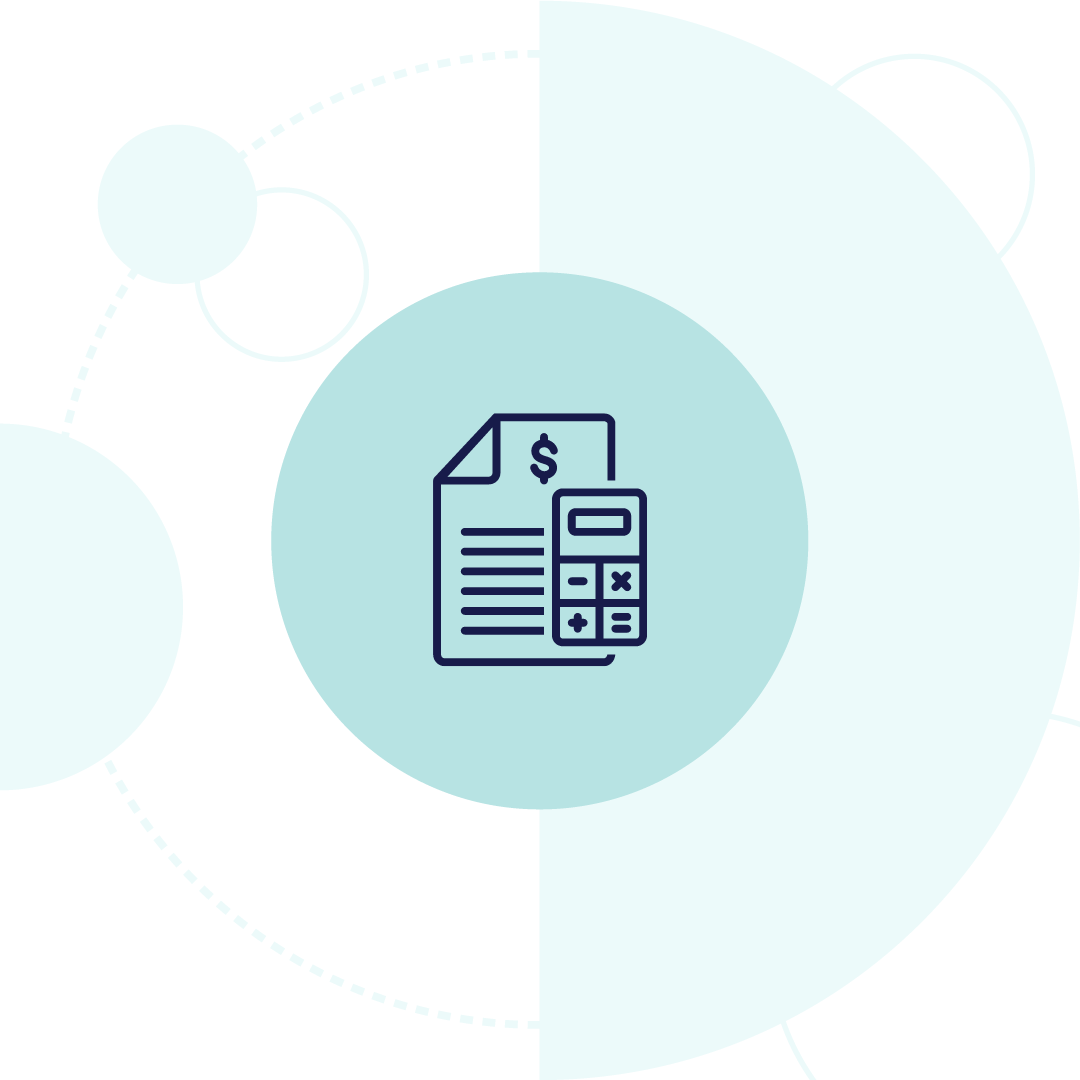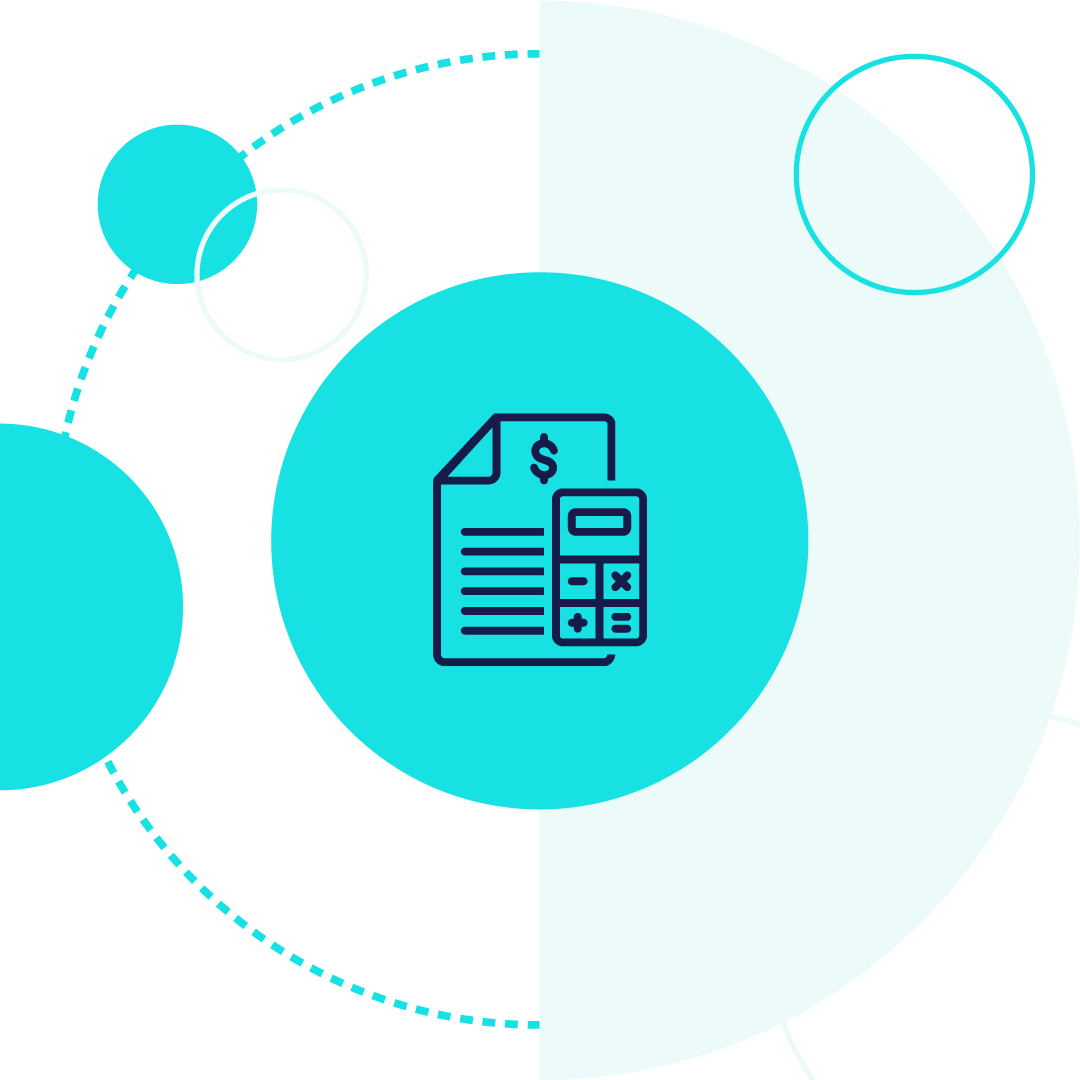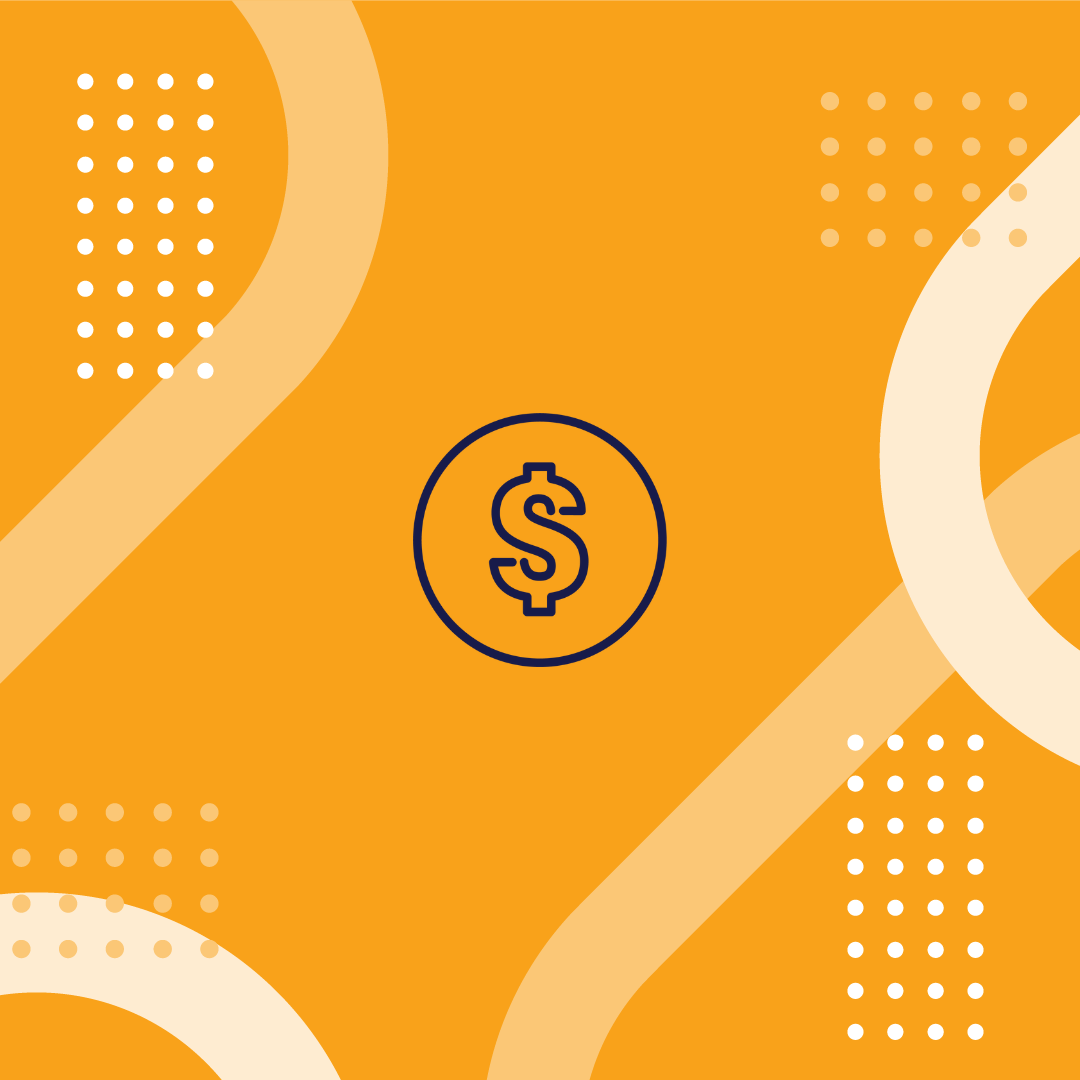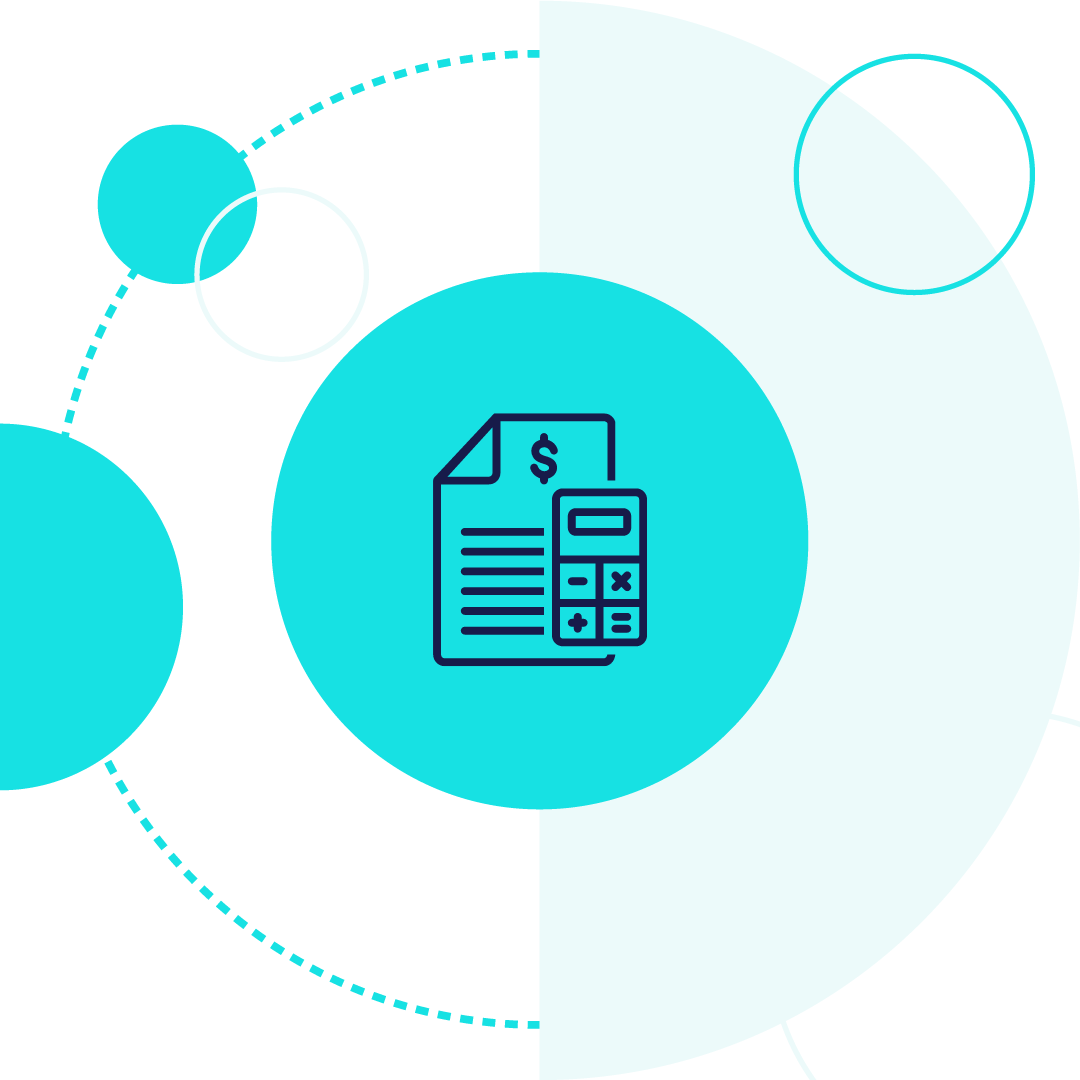Living your best life…and how to pay for it!
Whether you are earning money through a job, or deciding what to do with your financial aid refund check, it is good to have a strategy for how you will manage your money. Setting some short term and long term goals for your money (and how much of it you want to have) can be a great place to start.


Short Term Money Goal
Choose one area where you spend money that you can immediately start cutting back, but avoid cutting basic needs – food, shelter, medicine, etc.
Examples: Eating out, buying new clothes, shopping online
Sample Goal: By the end of this month I will reduce the number of times I eat out by 50%.
Medium Term Money Goal
Choose a number you want to have in savings 12 months from now that will be enough to cover one month’s worth of bills, food, and expenses for you.
Example: You usually spend $1,900 each month on rent, bills, food, etc.
Sample Goal: 12 months from now I will have at least $1,900 saved in my bank account.
Long Term Money Goal
Set an ambitious money goal for yourself to strive for over the next 5 years that is realistic, but also above what you need for your basics.
Example: Think about a number that would make you happy and is attainable if you push yourself.
Sample Goal: 5 years from now, I will be making at least $65,000/yr through my work and hobbies.





It’s never too early to start saving money and planning for the future. So remember: set clear and concrete money goals for yourself and work hard to achieve them. Share your goals with your family and friends so they can help hold you accountable, and don’t forget to visit with the financial aid advisors on campus. They usually have a lot of knowledge about jobs, scholarships, and resources that can help you pay your bills, save for the future, and to feel better about your financial situation overall.



All the information you need to know about credit, and how to use it
Read More

Your financial aid package may include work study. Here’s what that means!
Read More